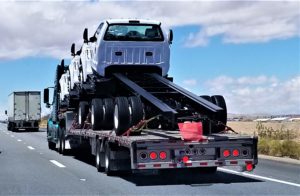Caring for the environment is everyone’s responsibility. By choosing propane, one of the cleanest energy sources available today, you are making a change for the better.
Switching to propane is an immediate and effective way to make a positive impact on the environment, because propane is a low-carbon alternative fuel that produces significantly fewer greenhouse gas emissions than most other energy sources. In addition, propane is a non-poisonous, non-toxic fuel that won’t contaminate soil or groundwater, making it safe to use everywhere!
In the future, more and more of the propane we use will be made from renewable resources. An exciting innovation generated from waste oils and fats, renewable propane is chemically identical to propane produced from petroleum, yet it is completely carbon neutral.
“Propane produces 43% fewer greenhouse gas emissions than electricity.”
Whether you use it to heat water for your family, power a farm, or run a fleet of mowers, propane produces significantly fewer emissions than diesel, gasoline, or even electricity. Propane produces 43% fewer greenhouse gas emissions than using an equivalent amount of electricity generated from the grid. Because propane is so efficient and because it’s employed directly at the point of use, it reduces emissions economically, too. Propane autogas, for example, reduces more emissions per dollar spent than any other fuel.
There’s no one solution – or single energy source – that will solve the long-term challenges we face. Wind and solar are both promising, low-emissions renewable energy sources, but when it comes to heating water or powering a bus, something more is required. And that’s where low-emissions propane comes in. It’s a crucial part of the larger solution that includes renewables and other clean sources of energy. And because it’s reliable as well as powerful, propane is helping lead a clean fuel revolution in industries from landscaping to home construction, sparking innovations that will help keep our planet cleaner for future generations.







